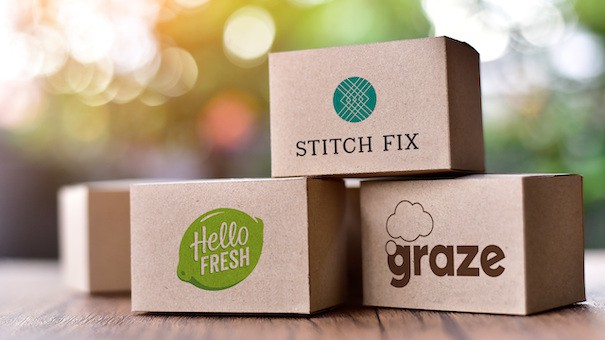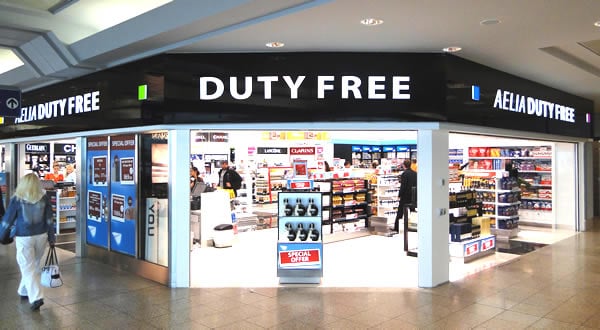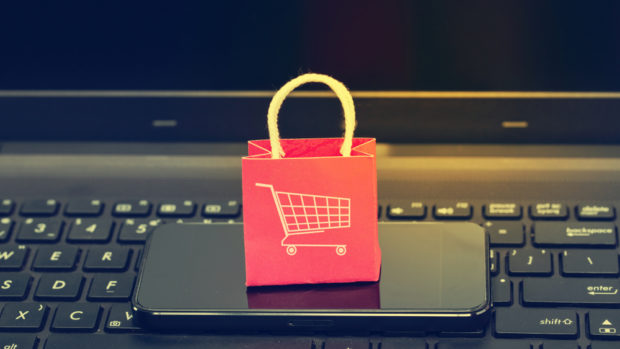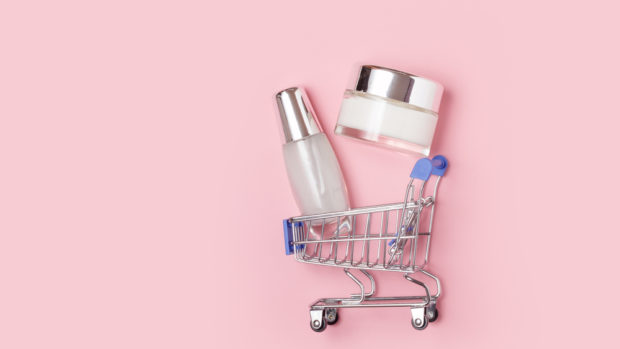
Despite lockdown restrictions easing across much of the UK, new research reveals the nation’s demand for subscriptions continues to grow, reaching a value of £395 million – up 23 per cent in the past year.
The new research from Barclaycard Payments, which processes nearly half of the nation’s credit and debit card transactions, found that this increase coincides with a 16 per cent rise in the number of shoppers signed up to subscriptions, and a 12 per cent upsurge in annual expenditure per person for those signed up to the services (£552 to £620).
This rise coincides with a spike in new subscription offerings, with 83 per cent of subscription-selling retailers launching an average of three new subscription products or services since the start of this year alone. It seems this trend is set to continue, with retailers projecting a further 30 per cent growth for the subscription sector over the next 12 months.
These new products and services are in response to rising consumer demand as three quarters (75 per cent) of retailers reported increased consumer interest during lockdown. Significantly, a similar number (71 per cent) of those now offering subscriptions say doing so actually saved their business during the uncertain period.
Despite life easing into a ‘new normal’, retailers predict the digital and direct-to-door subscription sector will remain popular. In line with this optimism, more than a third (36 per cent) of retailers, who haven’t provided these services before, are planning to launch a range of subscription services in time for Christmas.
Supporting consumer research highlights the driving forces behind this surge in popularity. Convenience is key, with 50 per cent of shoppers praising subscriptions for helping to organise their finances, and 55 per cent saying they save them time by bringing products they need straight to their door. Six in 10 (57 per cent) enjoy the exclusive access to content via subscriptions, while half (52 per cent) rely on the quality recommendations on content or products offered by the subscription provider.
The most popular subscription services individuals sign up to are entertainment platforms (46 per cent), food/meals boxes (16 per cent), technology (14 per cent) and beauty or grooming (12 per cent).
Research from Barclaycard Payments also identified the factors most important for consumers when receiving subscription services:
|
54 per cent |
|
46 per cent |
|
36 per cent |
|
33 per cent |
|
31 per cent |
Good value remains the factor customers most want to see (54 per cent), with 45 per cent even regularly comparing their services to ensure they’re getting a good deal. Flexible contracts (36 per cent) and straightforward opt-out processes (33 per cent) are also key. Additionally, 41 per cent of Brits who don’t have any subscriptions suggested that being locked into a contract was their main deterrence, preferring a no-strings-attached approach.
Marc Pettican, President of Barclaycard Payments, said: “Our second annual review of the subscription economy shows a sizeable growth of spending on these services over the past year, showcasing how important this revenue stream has become to retailers. While lockdown certainly provided a catalyst for their growth, our data shows the popularity of digital and direct-to-door sign-up services is here to stay.
“The ability to continue to launch new products and services at pace and under challenging circumstances is a clear testament to the adaptability and pragmatism of British retailers. As many retailers will continue enhancing their subscription offerings for the foreseeable future, we are committed to working closely with all our customers to ensure they have access to multi-channel payment capabilities and transaction processes, allowing them to remain nimble and keep up with consumer demand.”








Share